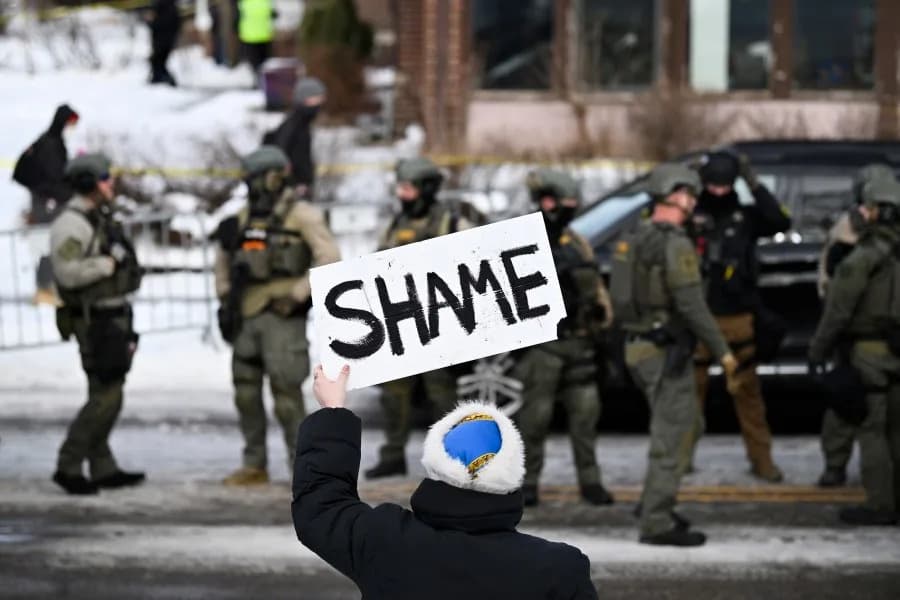Key finding: An NBC News poll finds 61% of registered voters say 'extreme political rhetoric' was an important contributor to Charlie Kirk's killing — the first cross‑partisan majority on rhetoric's role across five tracked incidents. Republicans were most likely to attribute the attack to rhetoric (73%), while independents (53%) and Democrats (54%) also favored that explanation over the idea of a lone disturbed attacker. Tyler Robinson, 22, faces murder charges; investigators recovered post‑shooting texts but have not linked him to organized left‑wing groups. The poll of 1,000 voters was conducted Oct. 24–28 (MOE ±3.1%).
Poll: 61% of Voters Say 'Extreme Political Rhetoric' Contributed to Charlie Kirk's Killing — First Cross‑Partisan Majority
Majority Across Parties Attributes Role to Political Rhetoric in Charlie Kirk's Killing
More than six in 10 registered voters — 61% — told the latest NBC News poll that they believe 'extreme political rhetoric used by some in the media and by political leaders was an important contributor' to the killing of conservative activist Charlie Kirk earlier this year. The finding marks the first time in 15 years of polling across five high-profile episodes of political violence that a majority across parties agreed rhetoric played a significant role.
Overall, 61% said rhetoric mattered, 28% said the episode was 'caused by a disturbed person,' and 4% volunteered that it was 'some of both' when presented those options. By party, Republicans were most likely to point to rhetoric (73% to 19%), while independents (53% to 28%) and Democrats (54% to 34%) also favored rhetoric over a lone-actor explanation.
Details of the Case
Authorities have charged 22-year-old Tyler Robinson with murder and other offenses in Utah in connection with the killing. Charging documents say investigators recovered text messages Robinson sent after the shooting in which he wrote he 'had enough of his hatred.' NBC News reported in September that investigators have not found evidence linking Robinson to organized left-wing groups; Robinson's mother told law enforcement he had become more political and leaned left in the year before the shooting.
Political response: Senior Republicans and White House officials have framed the killing as connected to left-wing extremism. Vice President J.D. Vance said on Kirk's program that he believed 'left-wing extremism' was part of the reason for the attack, and White House deputy chief of staff Stephen Miller pledged to 'use every resource we have' to address what he called a 'vast domestic terror movement.'
Context from Previous Polling
NBC News has asked similar questions after a series of politically motivated attacks, including the 2011 shooting of Rep. Gabrielle Giffords, the 2017 shooting of Rep. Steve Scalise, the 2022 hammer attack on Paul Pelosi and the September 2024 attempted assassination of former President Trump. The September 2024 attempt on Trump was the first time overall respondents formed a majority pointing to rhetoric as a key factor; the Kirk finding is the first time that majority cuts across party lines.
The partisan gap has varied by incident: after the 2022 Pelosi attack, 74% of Democrats but just 25% of Republicans pointed to extreme rhetoric; after the 2024 attempt on Trump, 76% of Republicans but only 39% of Democrats said rhetoric played a role.
Poll Methodology
The NBC News poll surveyed 1,000 registered voters from Oct. 24–28 using a mix of telephone interviews and an online survey sent by text message. The margin of error is plus or minus 3.1 percentage points.
This article was originally published on NBCNews.com.
Help us improve.


































